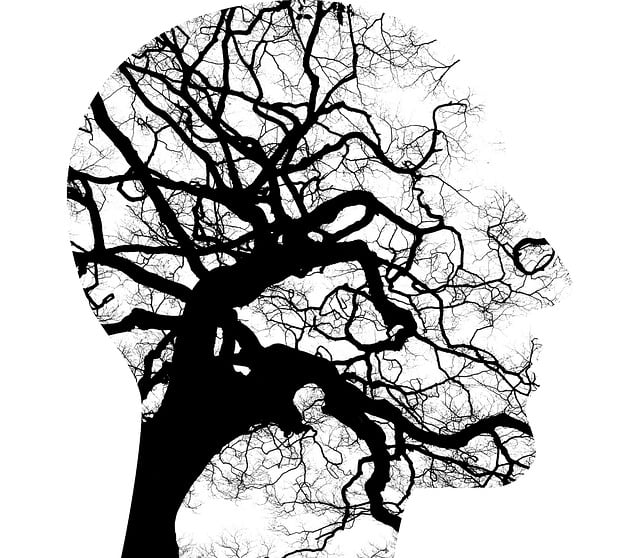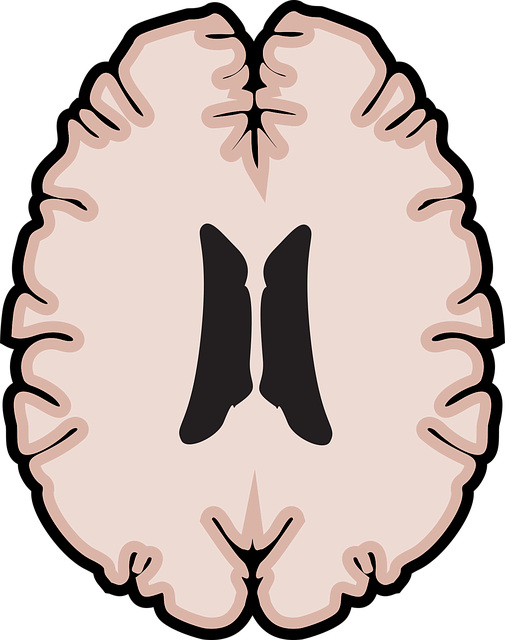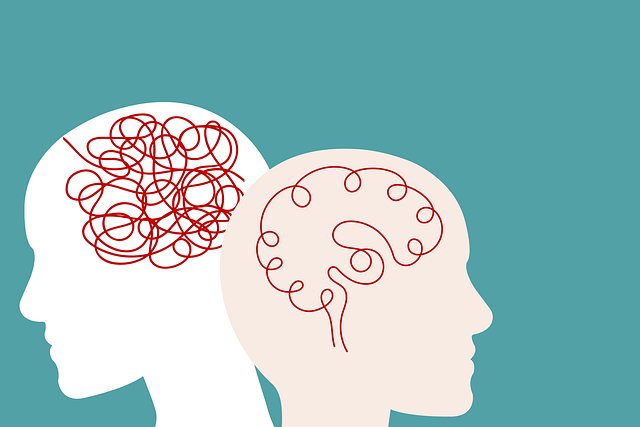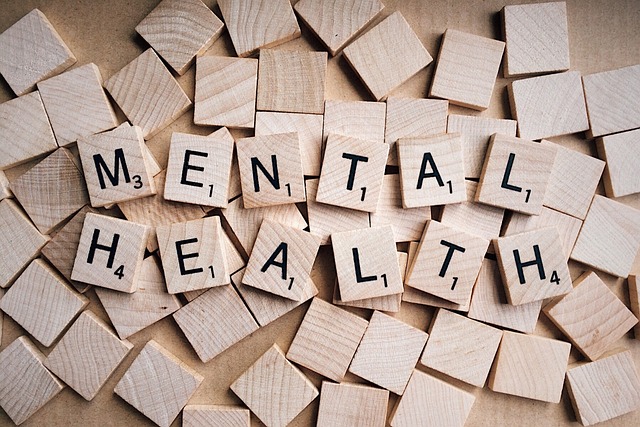In Denver, the stigma around mental health severely limits access to care. Local initiatives like Denver Hypnosis Therapy offer trauma support and holistic approaches to reduce this stigma. Public awareness campaigns and self-esteem improvement techniques further normalize conversations about mental illness. Educational workshops and community networks facilitated by Denver Hypnosis Therapy break down barriers, promote early intervention, and foster supportive environments for healing and open dialogue about mental wellness.
Mental illness stigma is a pervasive barrier to healing, affecting millions. This article explores targeted efforts to reduce this stigma, focusing on Denver Hypnosis Therapy’s holistic approach, educational initiatives aimed at myth-busting and empathy building, and the crucial role of community support networks in fostering inclusion and recovery. Understanding the impact of stigma is the first step; these strategies offer hope for a more compassionate society. Discover how Denver Hypnosis Therapy is revolutionizing mental health care with its unique approach.
- Understanding the Impact of Stigma on Mental Health
- Denver Hypnosis Therapy: A Holistic Approach to Overcoming Stigma
- Educational Initiatives: Dispelling Myths and Promoting Empathy
- Community Support Networks: Fostering Inclusion and Recovery
Understanding the Impact of Stigma on Mental Health

Stigma surrounding mental health issues can have profoundly damaging effects on individuals and communities alike. It often acts as a barrier to seeking help, leading many to suffer in silence due to fear of judgment or discrimination. This internalized shame can significantly impact self-perception and overall well-being, exacerbating existing conditions like depression, anxiety, and PTSD. In Denver, where access to mental health resources is readily available, the effects of stigma are still felt by many.
Denver Hypnosis Therapy, along with other trauma support services, plays a crucial role in combating this issue. By providing specialized care that addresses the root causes of mental health struggles, these therapies offer a safe space for individuals to heal and regain control. Public awareness campaigns development focused on normalizing conversations around mental illness can further reduce stigma, fostering environments where people feel empowered to share their experiences without fear. Moreover, self-esteem improvement techniques are instrumental in helping individuals challenge societal norms and internalized negative beliefs, paving the way for lasting recovery and improved quality of life.
Denver Hypnosis Therapy: A Holistic Approach to Overcoming Stigma

In the quest to reduce mental illness stigma, Denver Hypnosis Therapy offers a unique and holistic approach. This method goes beyond traditional talk therapy by addressing the mind-body connection, which is crucial in understanding and overcoming stigma. Through tailored self-care practices, hypnosis facilitates a deeper exploration of personal beliefs and experiences associated with mental health challenges. By mastering stress reduction methods and building confidence, individuals can reclaim their narratives and challenge societal perceptions.
Denver Hypnosis Therapy empowers clients to engage in transformative journeys where they confront and reframe limiting beliefs. This process is not just about healing; it’s about embracing a new perspective that values mental wellness as an integral part of overall well-being. By integrating self-care practices into daily routines, individuals can cultivate resilience and foster environments conducive to open conversations about mental health.
Educational Initiatives: Dispelling Myths and Promoting Empathy

Educational initiatives play a pivotal role in reducing the stigma surrounding mental illness. Through workshops, seminars, and community discussions, organizations like Denver Hypnosis Therapy aim to dispel common myths and foster empathy. These efforts often involve sharing personal stories, providing factual information about various mental health conditions, and promoting understanding of the biological and environmental factors contributing to them. By engaging in open conversations, individuals can learn to recognize the signs and symptoms of mental illness earlier, encouraging help-seeking behaviors among friends, family, and colleagues.
Focusing on resilience building and positive thinking is another effective strategy. Educational programs often teach coping mechanisms, stress management techniques, and mindfulness practices that empower individuals to take charge of their mental well-being. Such initiatives not only help reduce the stigma but also equip people with tools to navigate life’s challenges, promoting overall mental health and wellness in communities across Denver and beyond.
Community Support Networks: Fostering Inclusion and Recovery

Community Support Networks play a pivotal role in reducing the stigma surrounding mental illness and promoting recovery. These networks, often facilitated by organizations like Denver Hypnosis Therapy, create safe spaces where individuals can connect, share experiences, and offer mutual support. By fostering an environment of inclusion, these groups challenge societal norms and stereotypes associated with mental health struggles. Members gain a sense of belonging, understanding, and validation, which is crucial for overcoming the isolation often experienced during difficult times.
Through community outreach programs implementation, emotional intelligence-based initiatives, and group discussions, support networks empower individuals to manage their mental well-being actively. They encourage open conversations about depression prevention, providing tools and strategies to recognize early signs and seek help without fear of judgment. This collective approach not only enhances recovery but also strengthens the overall resilience of the community, ensuring that those facing mental health challenges are supported at every step.
Mental illness stigma reduction is a multifaceted effort that requires both individual and collective action. By understanding the profound impact of stigma on mental health, adopting holistic approaches like Denver Hypnosis Therapy, and fostering community support through educational initiatives and inclusive networks, we can create a more empathetic and supportive society. These efforts collectively contribute to revolutionizing how we perceive and address mental health concerns.














